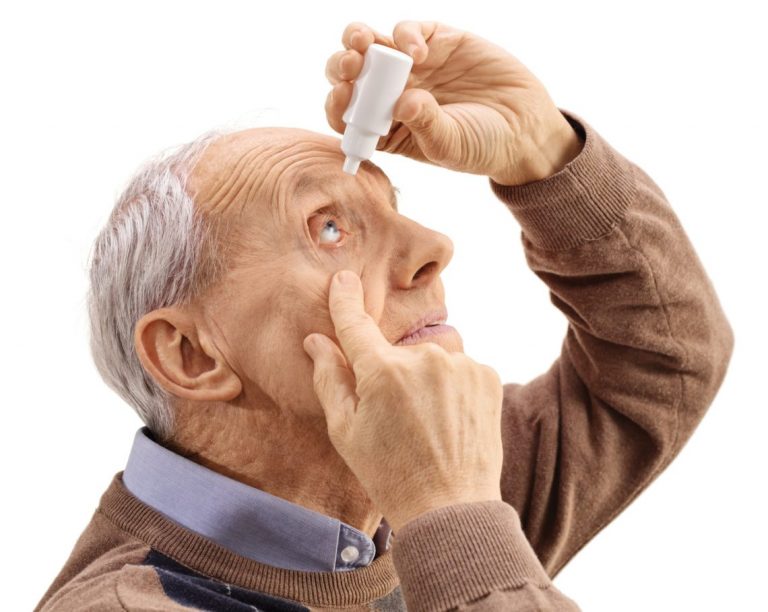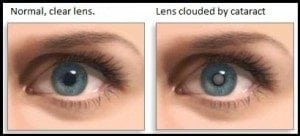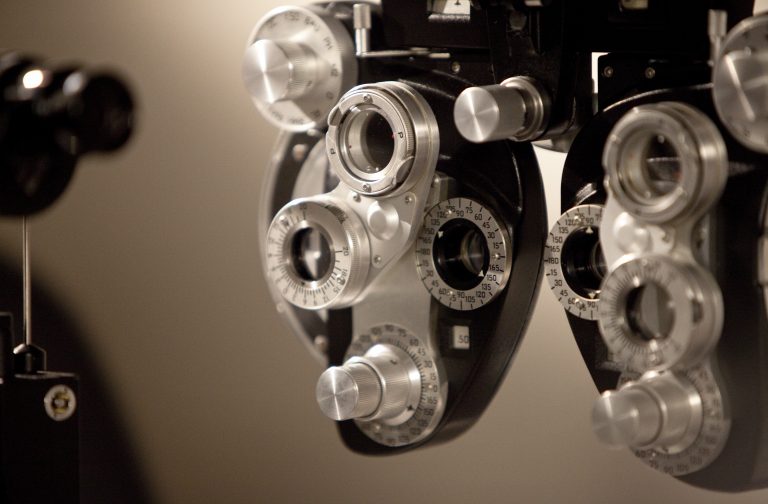Spring Allergy Relief for Your Eyes
 Spring is here and along with flower buds and blooming trees comes a dusty yellow coating of pollen. For many people, this time of year means sneezing, congestion, runny nose and red, watery, itchy eyes that occur when the body’s immune system overreacts to pollen and mold spores in the air.
Spring is here and along with flower buds and blooming trees comes a dusty yellow coating of pollen. For many people, this time of year means sneezing, congestion, runny nose and red, watery, itchy eyes that occur when the body’s immune system overreacts to pollen and mold spores in the air.
If you are suffering from symptoms of seasonal allergies, here are some tips to help ease your misery during the spring allergy season.
• Avoid going outdoors as much as possible when pollen counts are high and when wind blows pollens around.
• Wear sunglasses or eyeglasses when you are outdoors to help protect your eyes from pollen.
• Keep the windows in your home and car closed and use air conditioning. Consider purchasing an air purifier for your home and an allergen-trapping filter for your heating/cooling system.
• Take off your jacket, hat and shoes when you enter the house to avoid bringing pollen inside.
• Shower before bed to rinse away pollen from your hair and skin.
• Don’t rub itchy eyes! Eye rubbing releases more histamine and makes your allergy symptoms worse.
• Cut back on your contact lens wear. The surface of contact lenses can attract and accumulate airborne allergens.
If you still need relief from your season allergy symptoms, you may find an over-the-counter remedy effective.
Artificial tears help relieve eye allergies temporarily by washing allergens from the eye. They also relieve itchiness, redness, irritation and redness caused by allergies. If your eye allergy symptoms are relatively mild, over-the-counter eye drops may work well for you and be less expensive than prescription eye drops or other medication.
Over-the-counter decongestant eye drops (with or without antihistamines) can help reduce redness in the eyes from allergies. If the decongestant eye drops you choose include an antihistamine, they can relieve itchiness as well. Decongestant eye drops should not be used for more than two to three days. Longer-term use can increase your irritating symptoms.
Oral antihistamines may be somewhat helpful in relieving itchy eyes, but they can make eyes dry and even worsen eye allergy symptoms.
If over-the-counter remedies do not relieve your allergy symptoms, ask your eye doctor about prescribing a stronger prescription medication.






 ANNOUNCING UPDATES TO OUR COVID-19 SAFETY PROTOCOLS
ANNOUNCING UPDATES TO OUR COVID-19 SAFETY PROTOCOLS